FPGA Verification Capabilities
This track introduces techniques for addressing complexity by evolving your organization’s FPGA verification process capabilities.
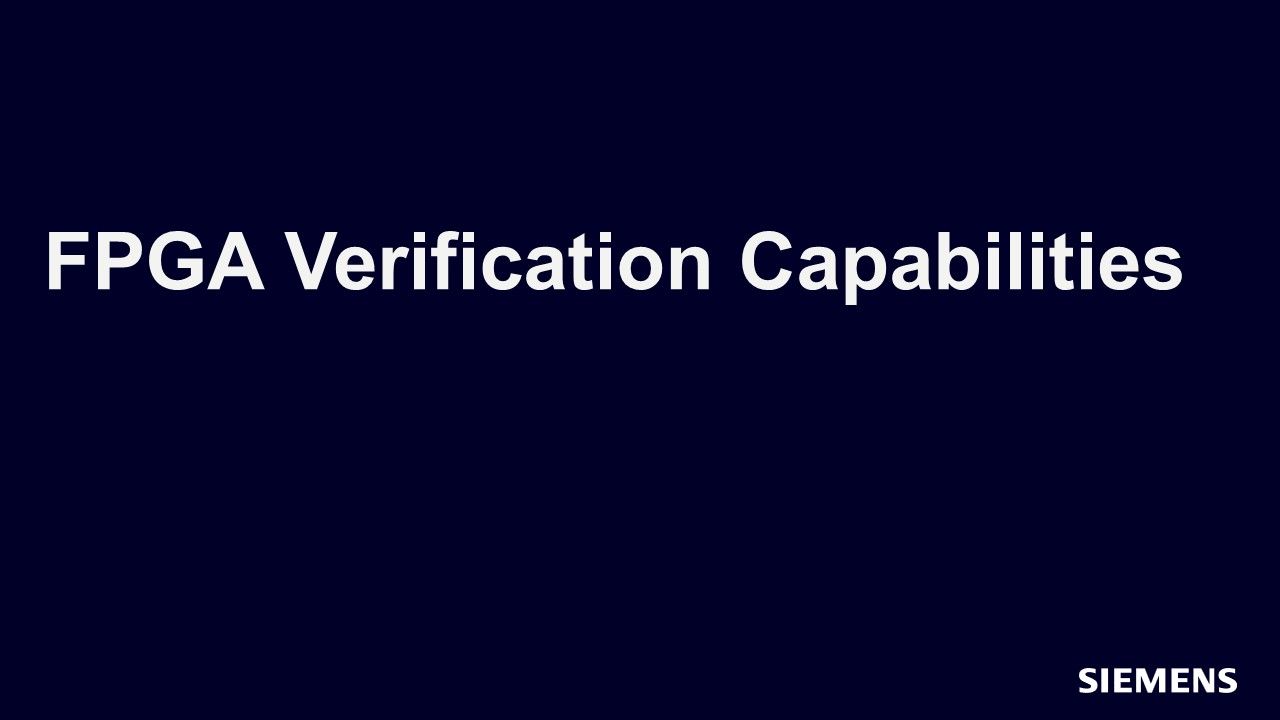
-
Sessions
-
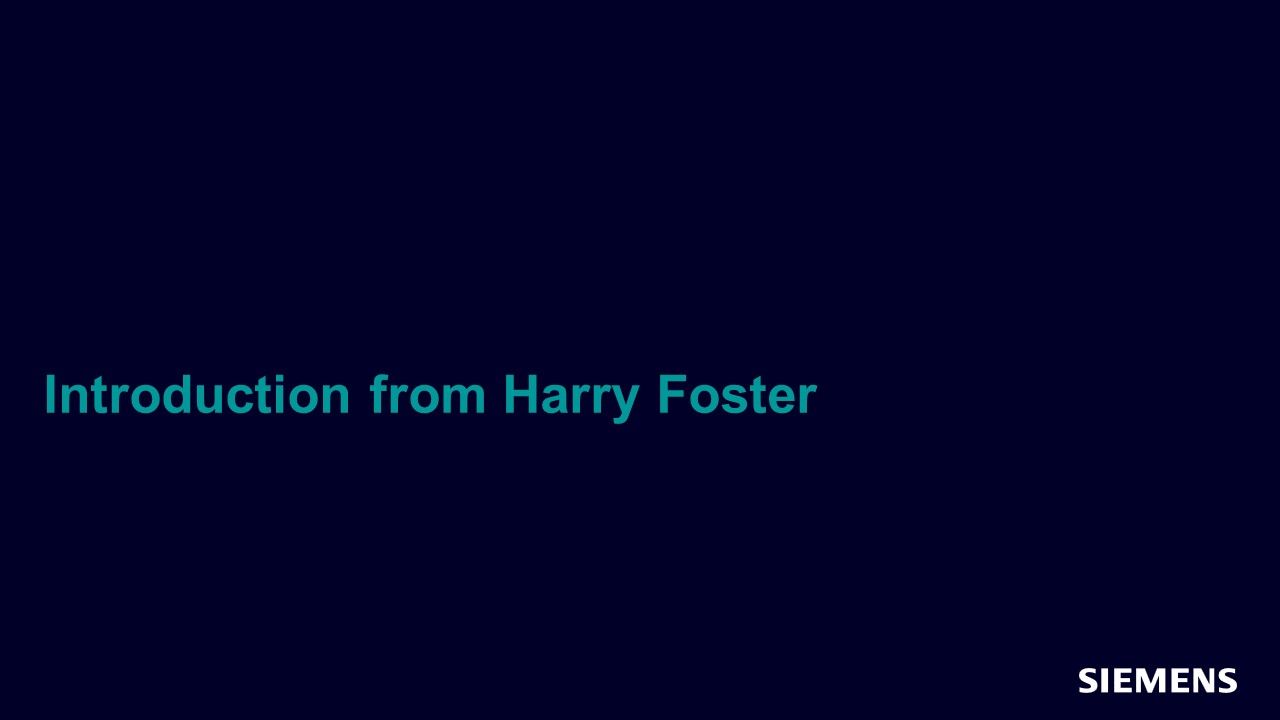
Introduction from Harry Foster
This session is an introduction to various code coverage metrics and how to apply them. -

Overview and Welcome
This session is an introduction to the seven steps for evolving your FPGA verification capabilities. -
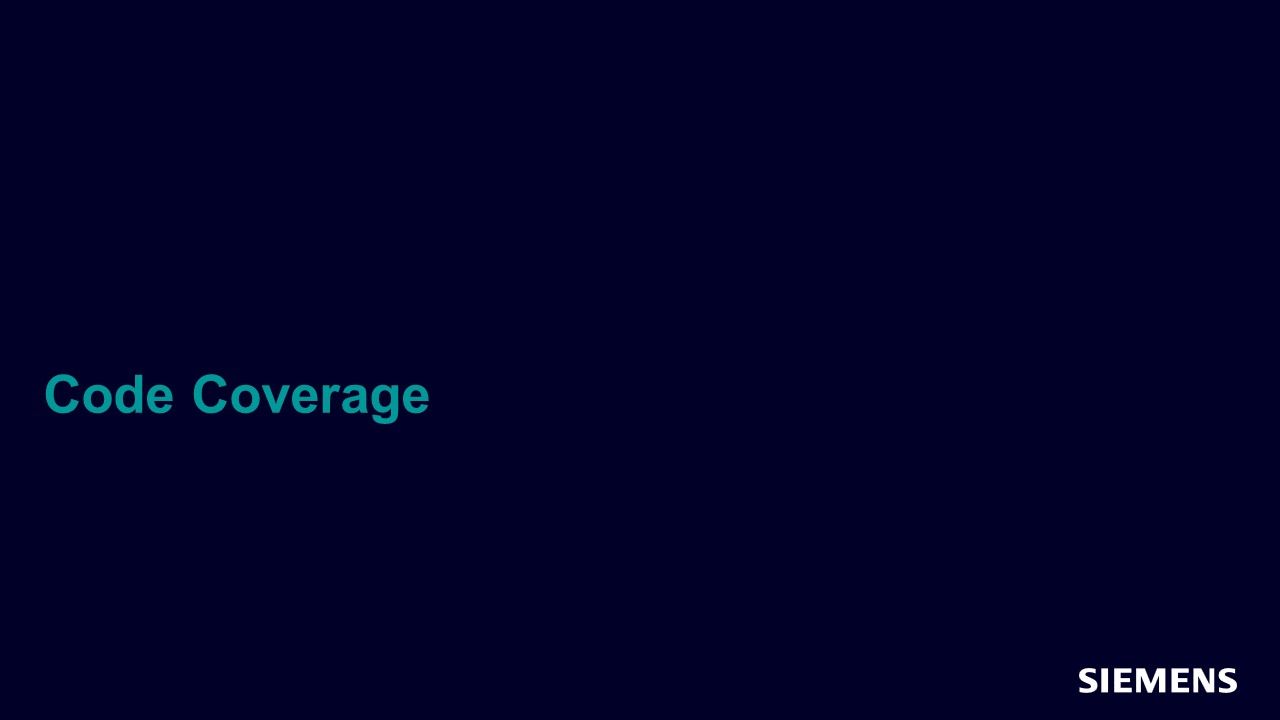
Code Coverage
This session is an introduction to various code coverage metrics and how to apply them. -

Test Planning
This session shows how you can create a test plan that systematically captures all the functionality in your design so you can test it. -
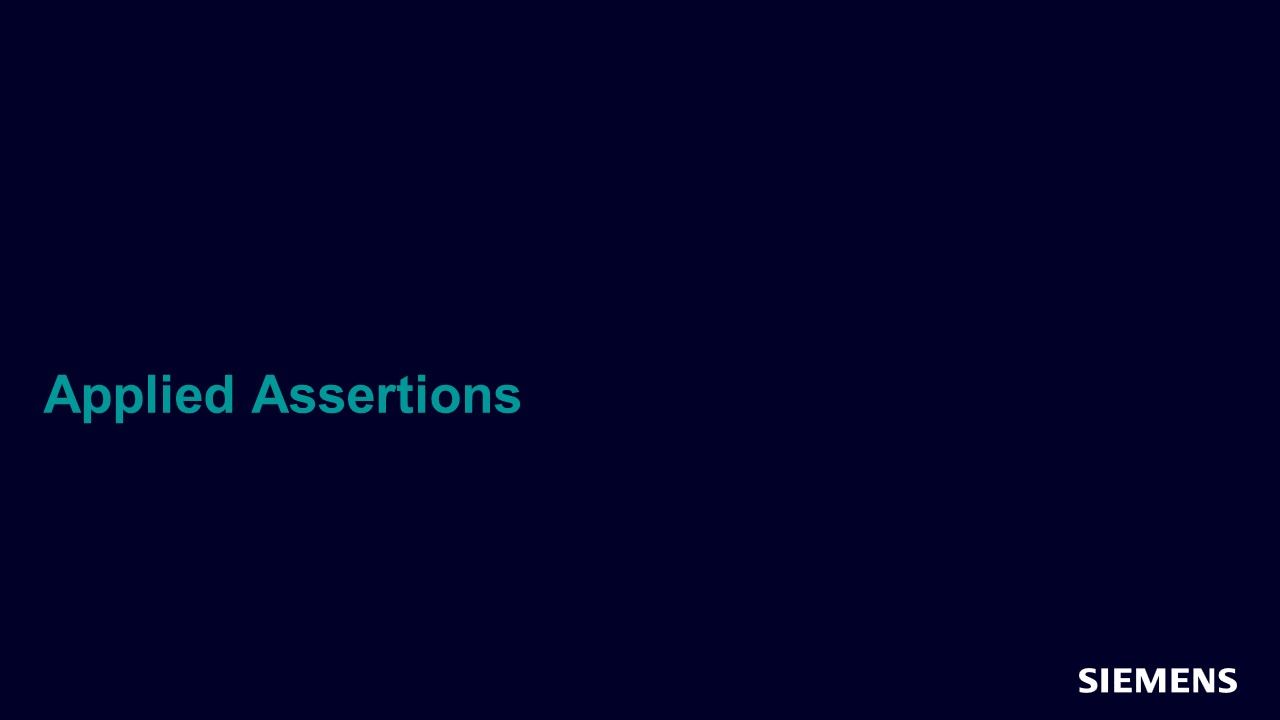
Applied Assertions
This session discusses how to use assertions in a design, and then demonstrates how to insatiate an OVL checker into a VHDL design. -

Transactions
This session shows you how to create a transaction level test bench using modules instead of object. -
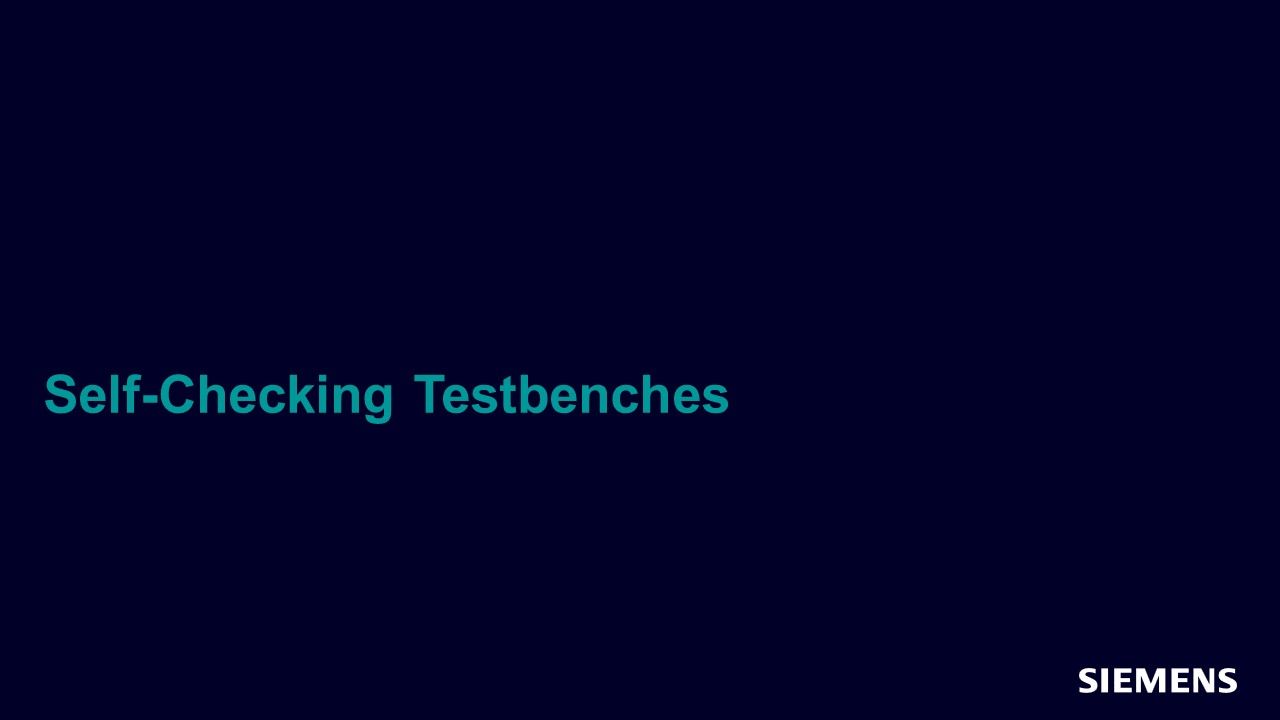
Self-Checking Testbenches
This session demonstrates how to combine predictors and comparators to form a self-checking testbench. -
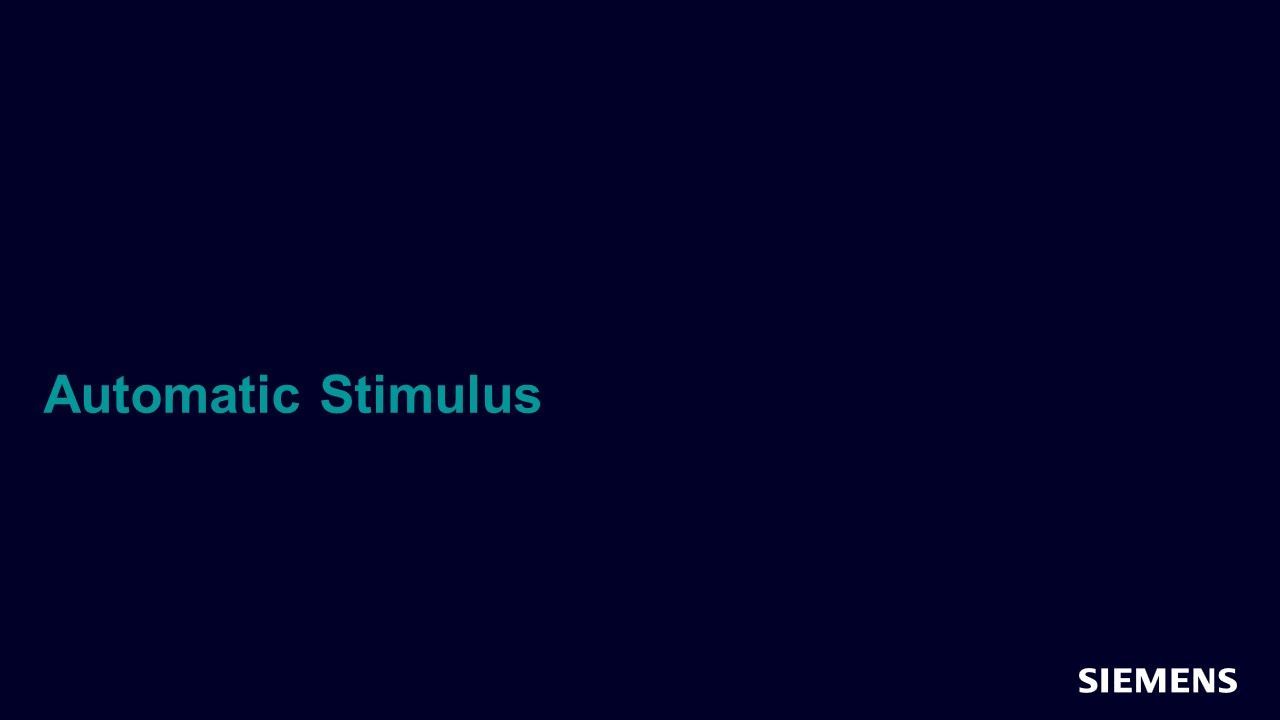
Automatic Stimulus
This session introduces constrained-random stimulus for automatic stimulus generation. -
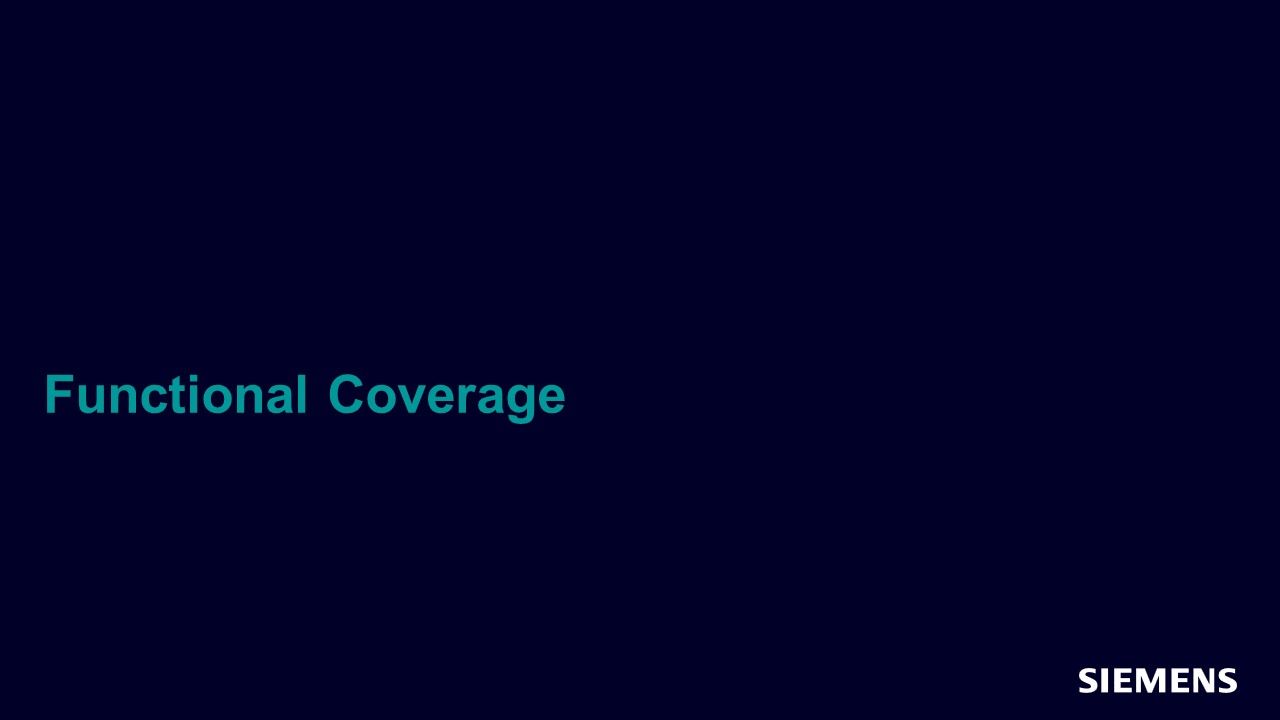
Functional Coverage
This session shows you how to implement functional coverage using SystemVerilog covergroups.
-
-
Overview
Today we are witnessing a phenomenal increase in FPGA design starts as one means to reduce risk. In fact, Gartner recently reported that FPGAs now have a 30-to-1 edge over ASICs in design starts. Although FPGAs have traditionally been relegated to glue logic, low-volume production, or prototype parts used for analysis, this is no longer the case. Gate count and advanced features found in today’s FPGAs have increased dramatically to compete with capabilities traditionally offered by ASICs alone.
The change in FPGA capabilities has results in the emergence of advanced FPGA system-on-chip (SoC) solutions, which includes the integration of third-party IP, DSPs, and multiple microprocessors—all connected through advanced, high-speed bus protocols. Accompanying these changes has been an increase in design and verification complexity, which traditional FPGA flows are generally not prepared to address. This track introduces techniques for addressing complexity by evolving your organization’s FPGA verification process capabilities.
-
Forum Discussion - FPGA
- No content found.